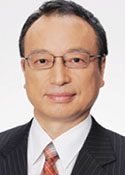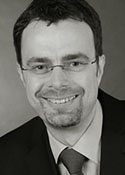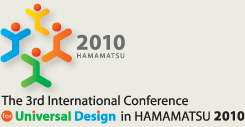Transport and Mobility Policy and Countermeasures for the Disabled and the Elderly in Japan

Tetsuo Akiyama
Vice-Chairman, Japanese Association for an Inclusive Society / Part-time Lecturer, Waseda University: Japan
1. Cocept and definition
The Chinese Book of Ekikyo and the tourism of Britain explain the important concept and definition about tourism. I explain the natural heritage, the cultural heritage, and mixed World Heritage which are three World Heritage, and explain the deep cultural heritage of a universal design and relation in detail.
The purpose of the World Heritage Convention is to protect precious cultural heritage and natural heritage which was produced by global generation and human beings' history and was succeeded from the past. It is adopted by General Conference of UNESCO in 1972, and I call it formally "Convention for the Protection of the World Cultural and Natural Heritage“.
As for the kind of World Heritage has three heritages and there are a cultural heritage (704), a natural heritage (180), and mixed World Heritage (27), etc. A total of 911 places are registered in August, 2010.
2. Example of World heritage Bordeaux
I explain Bordeaux registered into World Heritage in the historical city area in 2007. Bordeaux with a population of 230,000 is a place of production of global wine, and developed as a town which has a right harbor from the time of the Roman Empire. I have built the golden age by wine trade in the 18th century. And the reason registered into World Heritage is by the good building of management, the wine harbor in the Garonne, and Light Rail Transit.
3. Universal Tourism
I clarify relation between explanation and the universal design of seven concepts of a universal design, and tourism. Universal tourism differs from the general travel of
general sightseeing and universal sightseeing are different. A disabled person is accompanied by a care worker from a house to a tourist resort. Therefore, It attach expense highly. However, in universal sightseeing, a disabled person secures the van of a care worker and a lift at the destination. Therefore, It attach expense at a low price.
4. Transport Universal design
The tourism UD has transport and a tourism area.
UD(s) of transport are three types, i.e., the barrier-free of transportation facilities, seamlessness between transportation facilities, and human support. UD of a tourism area is divided into three types, and barrier-free of roads and buildings, information, and walk support are offered.


